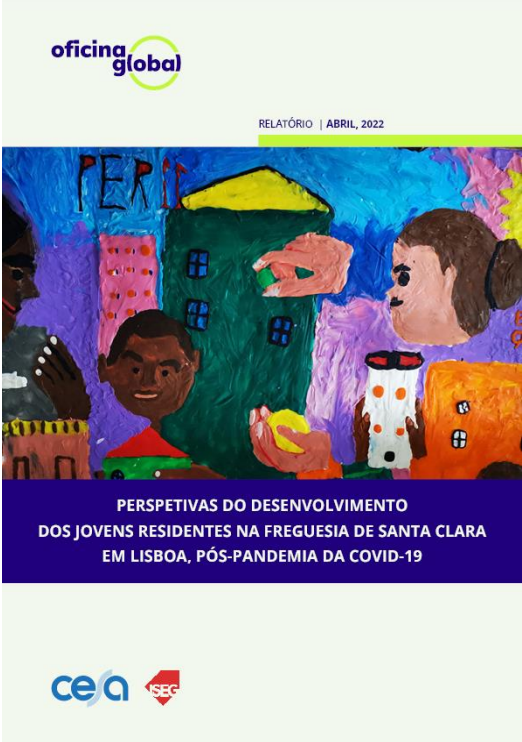Europe
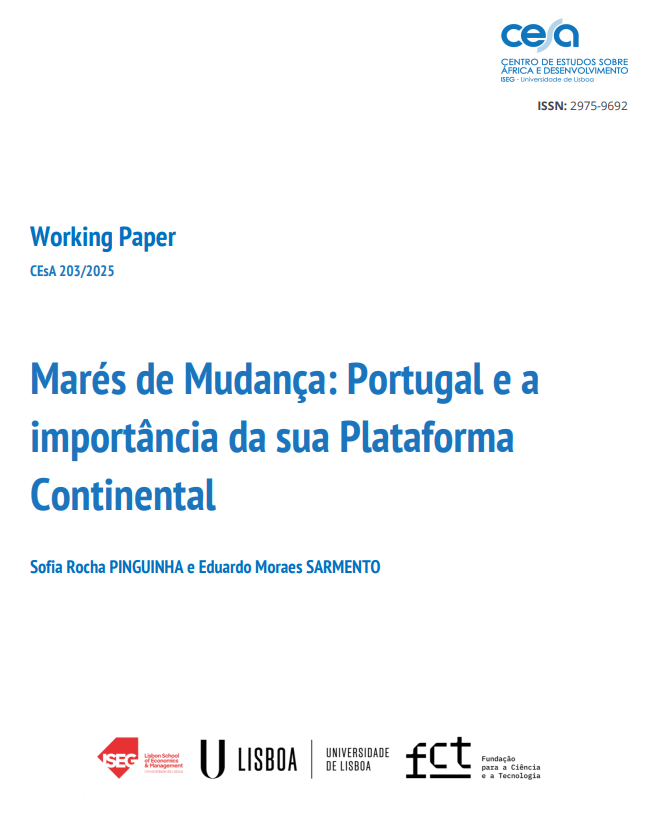
Working Paper 203/2025: Marés de Mudança: Portugal e a importância da sua Plataforma Continental
Abstract:
Portugal, known for its historic maritime traditions, is currently immersed in a strategic ambition regarding the expansion of its continental shelf driven by geopolitical, economic and environmental factors, placing the country before a dynamic maritime scenario full of challenges and opportunities. The rise of the blue economy, synonymous with a sustainable economy, redefines the indispensability of the ocean and its centrality in the balance of building the sustainable development that is sought globally (Cristas, 2022). Using a qualitative methodology, the aim is to reflect on the main benefits that Portugal can obtain from the possible approval of the expansion of its continental shelf, by the United Nations Organisation (UNO). The future, according to the National Strategy for the Sea 2021-2030 (República Portuguesa, 2021), should involve defining a strategy, based on a system of alliances, that will allow Portugal to move forward with the sustainable exploitation of the marine resources (Seguro, 2022).
Cite this Working Paper:
Pinguinha, Sofia Rocha and Eduardo Moraes Sarmento (2025). “Marés de Mudança: Portugal e a importância da sua Plataforma Continental”. CEsA/CSG – Documentos de trabalho nº 203/2025
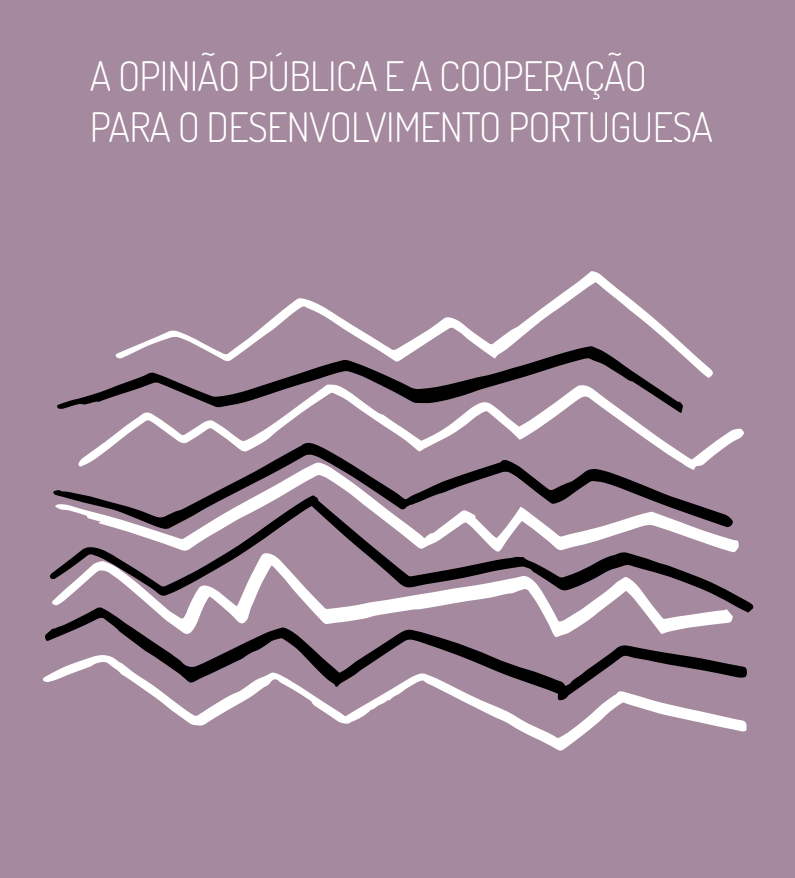
A Opinião Pública e a Cooperação para o Desenvolvimento Portuguesa
Abstract:
Almost 20 years after the first public opinion poll on the role of Development Cooperation, particularly Portuguese Cooperation, we have launched a new study to find out what Portuguese society thinks about this sector, at a time when a new strategic cycle of Portuguese Cooperation is underway. In this sense, the Association for Cooperation Between Peoples (ACEP) proposed to the Centre for African and Development Studies of the Lisbon School of Economics and Management (CEsA/ISEG) and to the Department of Social Sciences and Territorial Policies of the University of Aveiro (DCSPT/UA) a process of updating knowledge about Portuguese public opinion, in order to provide a more reliable view of opinions in this area and better plan strategies for dialogue and public debate with different sectors of society, including national political decision-makers and journalists.
The Portuguese Cooperation Strategy 2030 highlights, among other things, the importance of communication with society and the visibility of the sector to allow for greater understanding and recognition of its role in the calculation of Portuguese public policies. In fact, in Portugal, Development Cooperation continues to occupy a residual space in the political debate, especially at the level of the Assembly of the Republic and the media, and there are still difficulties in approaching and working systematically with Portuguese MPs and journalists and in placing the issues of Development and International Cooperation in the media.
Over the last 20 years, International Development Cooperation has undergone profound changes, which Portuguese Cooperation has not been immune to. Although it is a policy about which there is little institutional debate at national level, it is a crucial sector in the way Portugal relates to the world, particularly with some of the countries with which it maintains strong bilateral relations, such as the PALOP and East Timor. This relationship does not only involve the State, but also involves a wide range of sectors, both public and private, for-profit and non-profit, approaching Development Cooperation in different ways and giving rise to different types of relationships.
This survey did not come about in a vacuum and is naturally not immune to the current international context, which is particularly adverse and poses additional challenges to Development Cooperation. However, this public policy has a unique role in promoting Development, peace and human rights. Current conflicts, in particular the wars in Gaza and Ukraine (which marked the return of war to Europe), the disrespect for and discredit of International Law and multilateralism, as well as the rise of populist discourse throughout the world and, particularly in Europe, are elements that characterise the environment in which Development Cooperation needs to continue to assert itself and strengthen itself as the noblest expression of the foreign policy of States and international institutions.
Cite this book:
ACEP & CEsA (2024). “A Opinião Pública e a Cooperação para o Desenvolvimento Portuguesa”. ISBN 978-989-8625-35-9

African women’s trajectories and the Casa dos Estudantes do Império
Abstract:
This article compares the trajectories of different women who crossed the Casa dos Estudantes do Império (CEI), a formal institution created in Lisbon by students from the colonies with the support of the Portuguese dictatorial regime in 1944, that became a platform for anti–colonialism. Due to the role played by the CEI in the political and social paths of the leaders of African national liberation movements, historiography has privileged masculine accounts. In contrast, the roles and lives of women linked to the CEI remain unexplored or approached from a vision of “methodological nationalism”, with few exceptions. Addressing these trajectories from a transnational and “Afro–Iberian” lens and through the scrutiny of several sources allows us to reflect on a diversity of gender, race, class, and political ideology. The final aim is to illuminate some aspects of the Afro–Iberian mosaic from a gendered and postcolonial perspective.
Cite this Book Chapter:
Falconi, J. (2024). African women’s trajectories and the Casa dos Estudantes do Império In: Ethnicity and Gender in Portugal and Spain. volume 47, issue 7 (2024), pp. 1403-1419
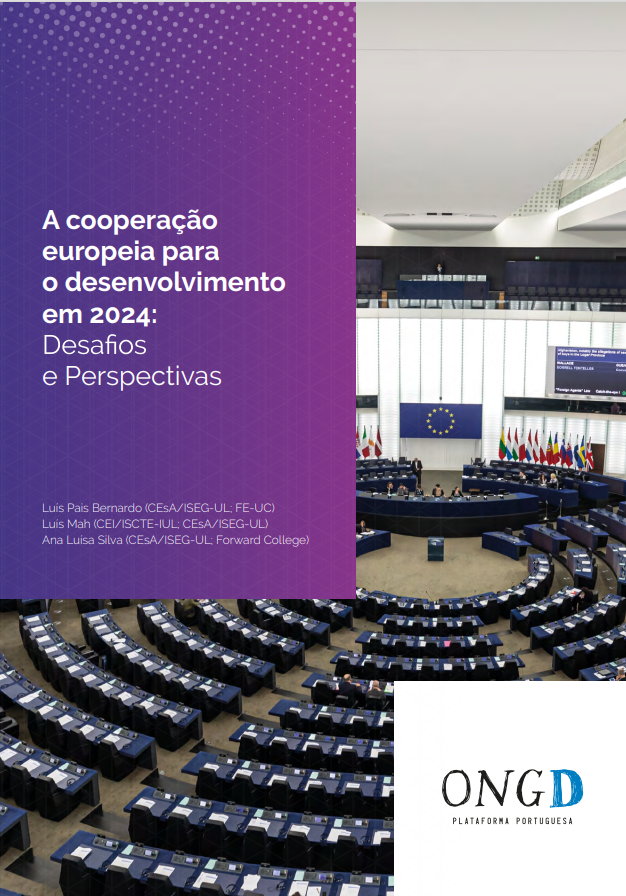
A Cooperação Europeia para o Desenvolvimento em 2024: Desafios e perspectivas
Abstract:
In a year of European Parliament (EP) elections, and amid growing global uncertainty, the study “European Development Cooperation in 2024: Challenges and Perspectives” was created following the publication “The Future of International Development Cooperation: Fragmentation, Adaptation, and Innovation in a Changing World” (2021). In this study, we outline the latest developments in the European Union’s (EU) international development cooperation (IDC) at the institutional and policy levels, highlighting the role of the European Parliament. We also examine the relationship between Portuguese IDC and its European counterpart, emphasizing the centrality of partner countries in the Portuguese-Speaking African Countries and Timor-Leste (PALOP-TL) and the role of civil society. We conclude with reflections on the implications for European cooperation, Portuguese cooperation, and civil society given the increasing importance of geopolitics in the current global context, the political-institutional transformations observed in European IDC, and the likely configuration of the EP for the new legislature, where it is expected that political forces opposing development cooperation will be strengthened.
Cite this ebook:
Bernardo, Luís Pais, Luís Mah e Ana Luísa Silva (2024). A cooperação europeia para o desenvolvimento em 2024 : desafios e perspectivas. Lisboa: Plataforma Portuguesa das ONGD
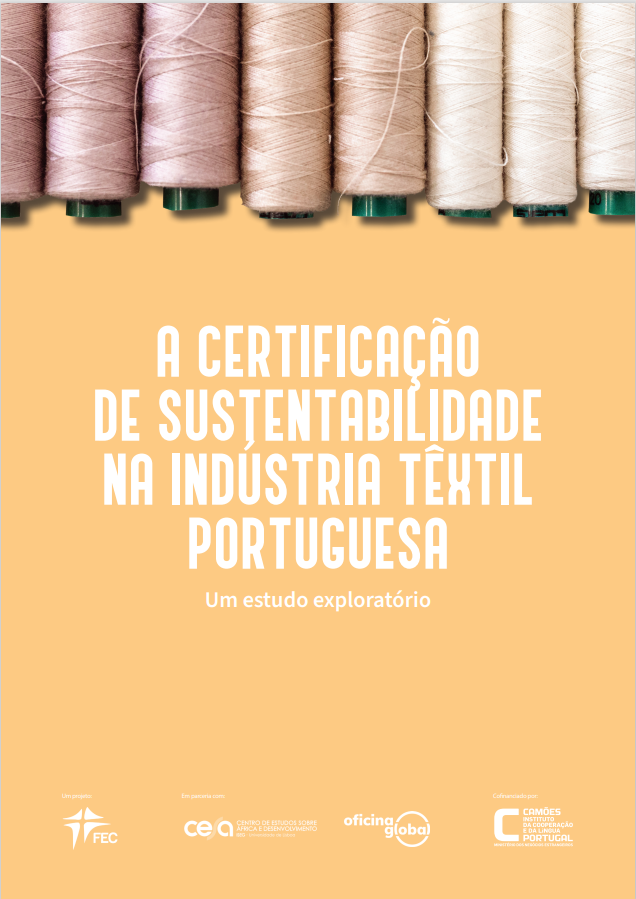
A certificação de sustentabilidade na Indústria Têxtil Portuguesa: um estudo exploratório
Abstract:
This study analyzes sustainability certification in the Portuguese textile industry. The main objective is to map the current landscape of sustainable practices adopted by this crucial sector of the Portuguese economy, evaluating the implications, challenges, and benefits of certification in the contemporary economic and environmental context. We aim to understand how sustainability certifications can serve as a strategic tool to boost the competitiveness of Portuguese companies in the global market, responding to the growing demand for ethical and environmentally conscious products.
The methodology employed in this study involves a review of the existing literature on sustainability in the textile industry. Essentially, it is a hybrid and comparative analysis, utilizing the complete universe of certified Portuguese textile companies. While this focused approach does not answer all questions, it allows this study to take a small step towards research committed to supporting companies that, despite clear risks and costs, choose to invest in sustainability. It also addresses the societal pressure that can and should be exerted on legislators to implement stronger regulatory frameworks and on companies that decide not to invest in sustainability.
This is a small step we hope will lead to further research efforts. We offer a perspective on the role of sustainability certification as a competitive differentiator for the Portuguese textile industry. The study emphasizes the growing importance of sustainability as a selection criterion for consumers and international business partners, reinforcing the need for Portuguese companies to continue investing in sustainable practices and obtaining certifications that validate their efforts. The study also presents and discusses recommendations for future policies and strategies, aiming to strengthen Portugal’s position as a leader in sustainable textile production on the global stage.
Cite this ebook:
Bernardo, Luís Pais (2024). A certificação de sustentabilidade na Indústria Têxtil Portuguesa : um estudo exploratório. Lisboa: Oficina Global.
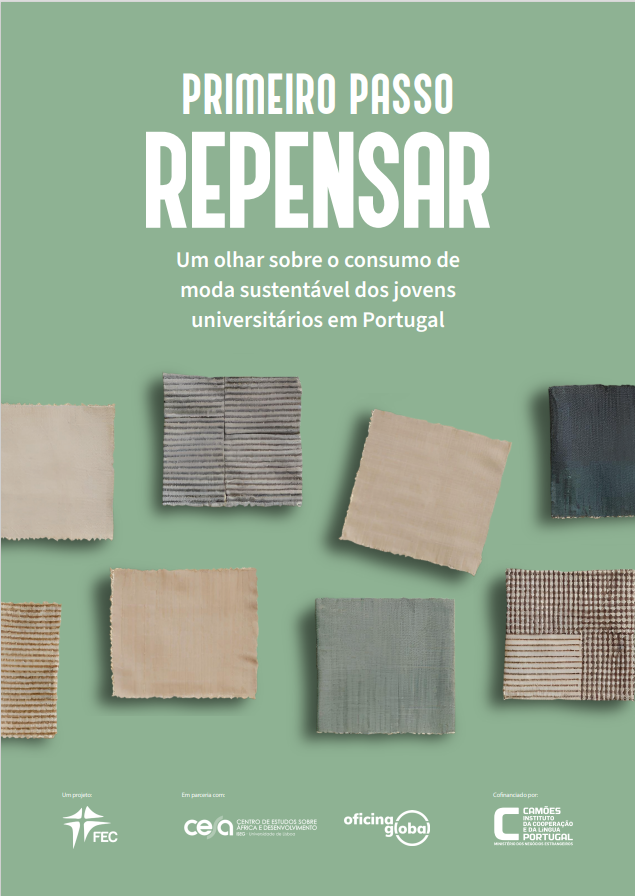
Primeiro Passo Repensar: Um olhar sobre o consumo de moda sustentável dos jovens universitários em Portugal
Abstract:
Sustainable fashion consumption involves conscious choices in purchasing, using/maintaining, and disposing of each clothing item. Therefore, it is important to Rethink, Reject, Reduce, Repair, Reuse, and Recycle. This study aimed to understand the behaviors and environmental awareness of university students living in Portugal during the three main phases of fashion consumption. An online questionnaire survey was conducted among 271 university students aged 18 to 26. The survey was open for responses from June 15 to July 24, 2023.
Cite this ebook:
Silva, Ana Luísa e Renata Assis (2024). Primeiro passo repensar: um olhar sobre o consumo de moda sustentável dos jovens universitários em Portugal. Lisboa: FEC | Fundação Fé e Cooperação e CEsA/ISEG-UL.
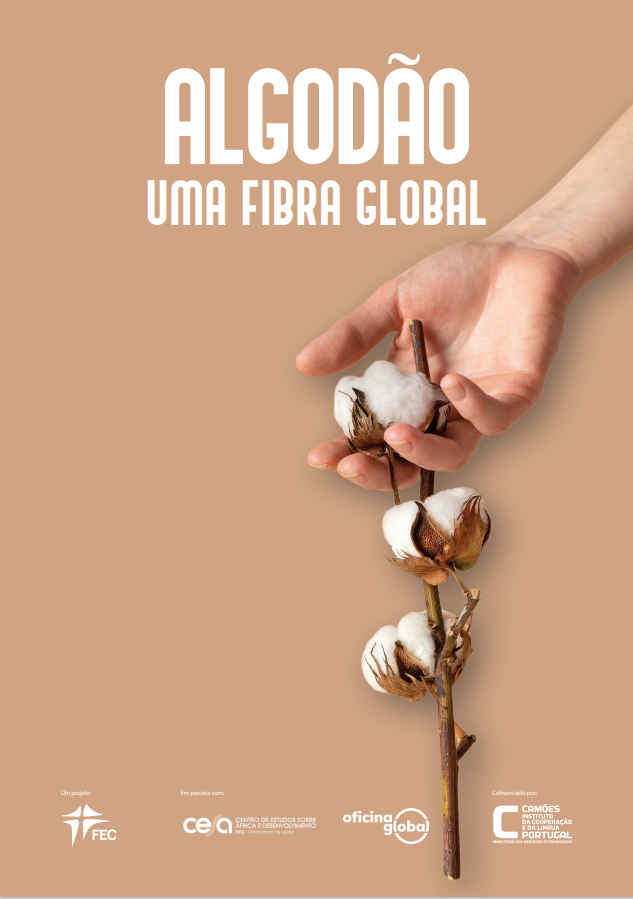
Algodão, uma fibra global
Abstract:
Cotton doesn’t lie. This well-known idiom in Portugal highlights how the most important natural fiber — both historically and commercially — has woven itself into our lives. Yet, while cotton doesn’t deceive, it does conceal. It’s more than just a fiber; it’s an entire global industry. It shapes production and consumption patterns, directly impacting the lives of millions worldwide. Cotton influences the fate of soils and water sources and significantly affects the environment. It encompasses agriculture, fashion, and high technology. Cotton has a complex and often troubling history: it can be sweet, but it’s also bitter. Its soft touch belies the complexity of its life cycle, which spans from cotton fields in Burkina Faso to garment factories in Bangladesh, fashion runways in Milan, and algorithms in New York. This distribution isn’t arbitrary: the value gap —evident in the income disparity between a field worker in Burkina Faso, a factory manager in Bangladesh, and a top designer in Milan — illustrates global inequalities. Cotton connects these diverse landscapes and activities. This briefing is for anyone who wants to understand the fashion they wear and the fibers they choose. It’s also for decision-makers regulating cotton production and consumption. Responsible consumption is a key step in altering economic structures, but it’s rarely enough on its own. Our aim is clear: meaningful action requires clarity, knowledge, and information.
Cite this ebook:
Bernardo, Luís Pais (2023). Algodão, uma fibra global. Lisboa: FEC | Fundação Fé e Cooperação.
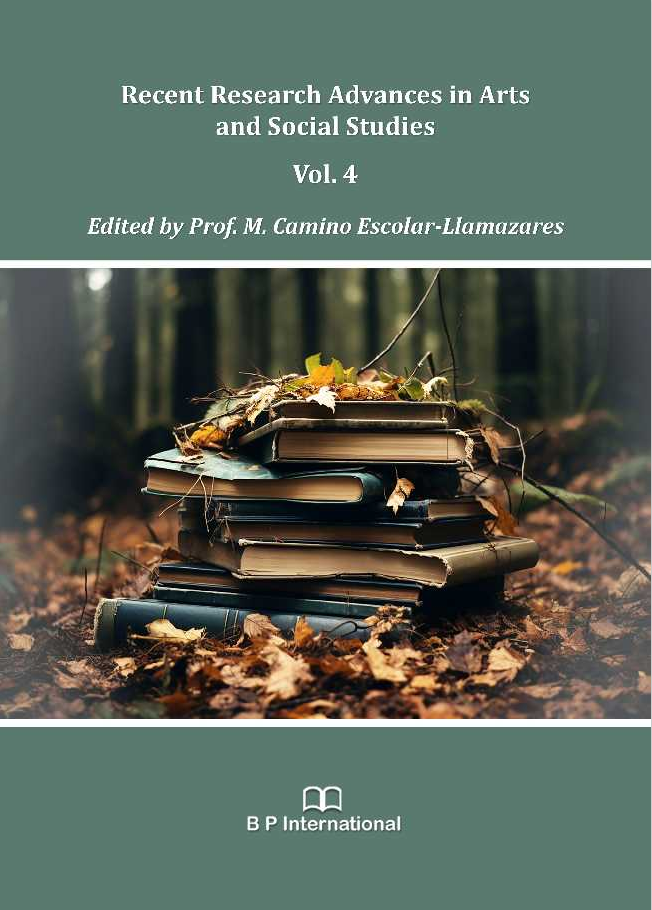
The Values of Portuguese International Development Cooperation: Review and update after 2013
Abstract:
In recent years, International Development Cooperation has assumed particular importance in scientific research and there are currently several studies of general scope or limited to a smaller geographical or thematic space, such as those that focus on national cooperation policies. In general, these works have sought not only to explain its historical, institutional and strategic evolution, but also to constitute a basis for reflection on a long journey of ideas, values and practices that it has been following and its results with partner countries. Portuguese Cooperation is no exception and, in general, all the publications that contextualize it refer directly or indirectly to the general values by which it is governed. However, there aren´t studies that identify the individual reference values of the action of the Cooperation actors in their practice of identifying, managing, and evaluating projects. In this article, we intend to identify the values considered as guiding principles of the action that the actors of the Portuguese Cooperation individually consider in the practices they develop. Such an intention constitutes a real innovation, since the only values identified so far are those that governments include in the strategies presented, more or less inspired by the documents of the European Union (EU) and the Development Assistance Committee (DAC) of the Organization for Economic Co-operation and Development (OECD).
Cite this paper:
Sangreman, Carlos e Raquel Faria (2024). ” The values of Portuguese International Development Cooperation: Review and Update after 2013″. In Recent Research Advances in Arts and Social Studies (Vol. 4), M. Camino Escolar-Llamazares (ed), 148-167. London: B P International
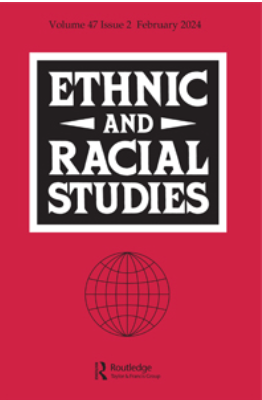
African women’s trajectories and the Casa dos Estudantes do Império, Ethnic and Racial Studies
Abstract:
This article compares the trajectories of different women who crossed the Casa dos Estudantes do Império (CEI), a formal institution created in Lisbon by students from the colonies with the support of the Portuguese dictatorial regime in 1944, that became a platform for anti–colonialism. Due to the role played by the CEI in the political and social paths of the leaders of African national liberation movements, historiography has privileged masculine accounts. In contrast, the roles and lives of women linked to the CEI remain unexplored or approached from a vision of “methodological nationalism”, with few exceptions. Addressing these trajectories from a transnational and “Afro–Iberian” lens and through the scrutiny of several sources allows us to reflect on a diversity of gender, race, class, and political ideology. The final aim is to illuminate some aspects of the Afro–Iberian mosaic from a gendered and postcolonial perspective.
Citation:
Jessica Falconi (2023) African women’s trajectories and the Casa dos Estudantes do Império, Ethnic and Racial Studies, DOI: 10.1080/01419870.2023.2289141
